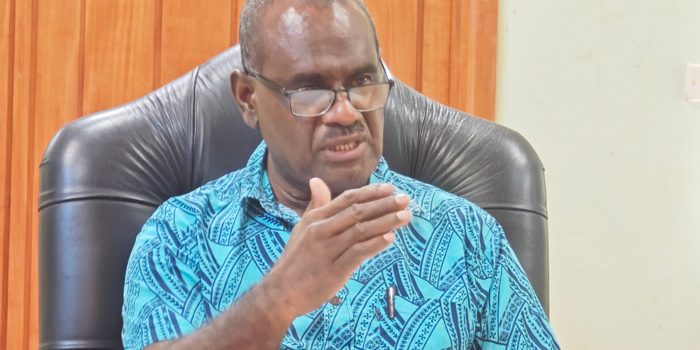THE Jeremiah Manele-led Government for National Unity and Transformation (GNUT) has retained the same number of political appointees as the previous administration, the Manasseh Sogavare-led Democratic Coalition Government for Advancement (DCGA).
Despite earlier promises to reduce the number of political appointees based on merit, Prime Minister Jeremiah Manele confirmed the number remains consistent with that of DCGA, which ranges between 30 and 40 appointees.
PM Manele, who came into power on May 2, explained that budgetary constraints require the government to maintain the same number of appointees.
These positions are funded to meet the manpower needs in the offices of the Prime Minister, Caucus, and the Policy Implementation, Monitoring and Evaluation Unit (PIMEU).
The process of appointing political appointees is initiated by the Prime Minister, in consultation with leaders of the coalition parties, senior advisors, and other influential figures.
The Prime Minister then forwards the nominations to the Secretary to Cabinet, who issues the appointment letters and contracts.
These contracts are standardized, with little room for negotiation.
Political appointees are selected based on expertise, experience, political loyalty, or personal relationships with members of a ruling government.
They undergo a thorough vetting process to ensure they meet the qualifications and are suitable for their roles.
The final decision is endorsed by the Prime Minister before the Secretary to Cabinet issues the official appointment.
The terms of these political appointments vary. Some positions are held at the discretion of the appointing authority, while others have fixed terms.
Under the GNUT government, appointees receive 12- or 18-month contracts, with a performance review at the end of the term determining contract renewal.
Appointments are influenced by political considerations, such as rewarding loyal supporters or securing key regional support.
However, expertise and experience also play a critical role, particularly in positions that contribute to policy development, implementation and political stability.
GNUT’s structure for political appointees, developed by the Office of the Prime Minister and Cabinet Corporate Division, adheres to the Public Service (Special Temporary Employees) Rules of 2005.
The contracts cite Rule 3(1) of these regulations, clarifying that political appointees are not holders of public office.
The appointees fall into four categories within the Political Office: the Private Office, managed by the Special Secretary to the Prime Minister (SSPM); the Caucus; Cabinet Subcommittees; and PIMEU, all overseen by the Chief of Staff.
This structured approach ensures political appointees are selected and managed in line with the government’s objectives, contributing to the broader goals of the Solomon Islands.
By EDDIE OSIFELO
Solomon Star, Honiara









